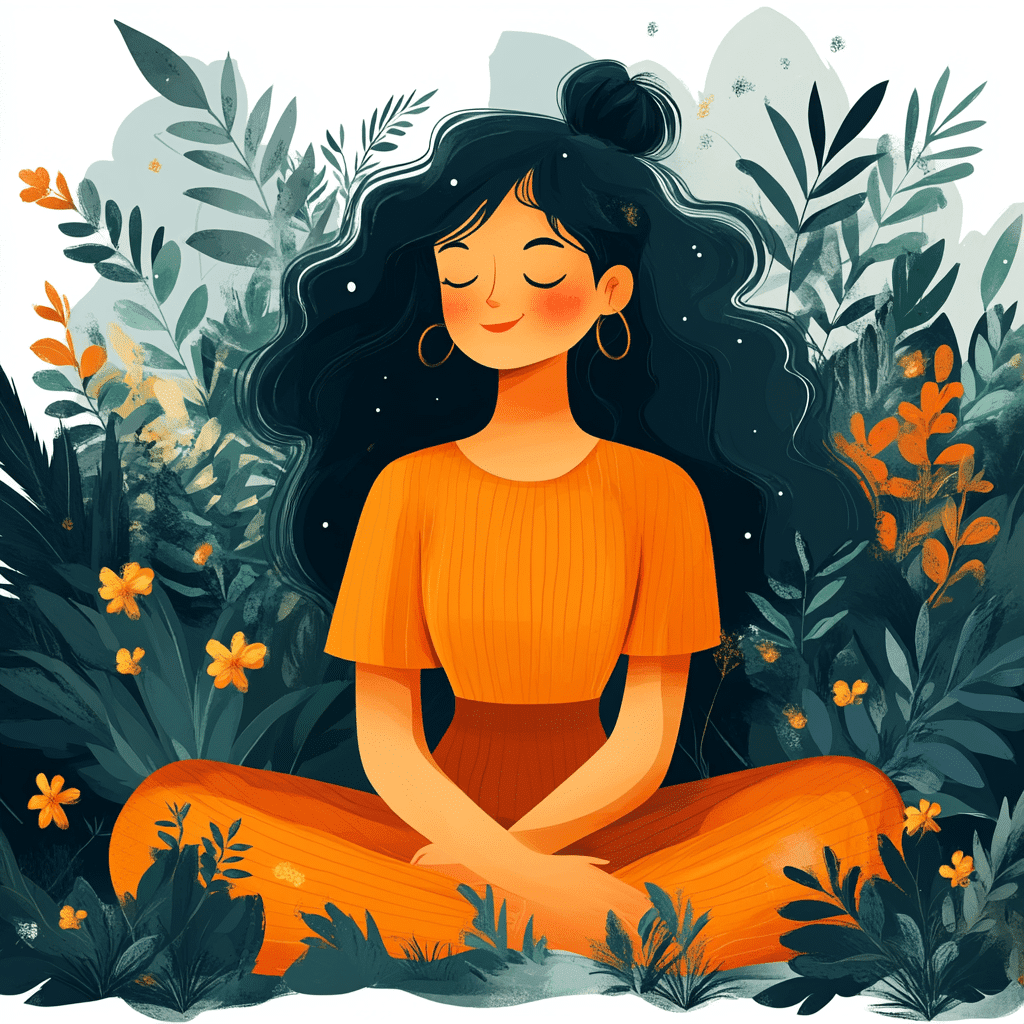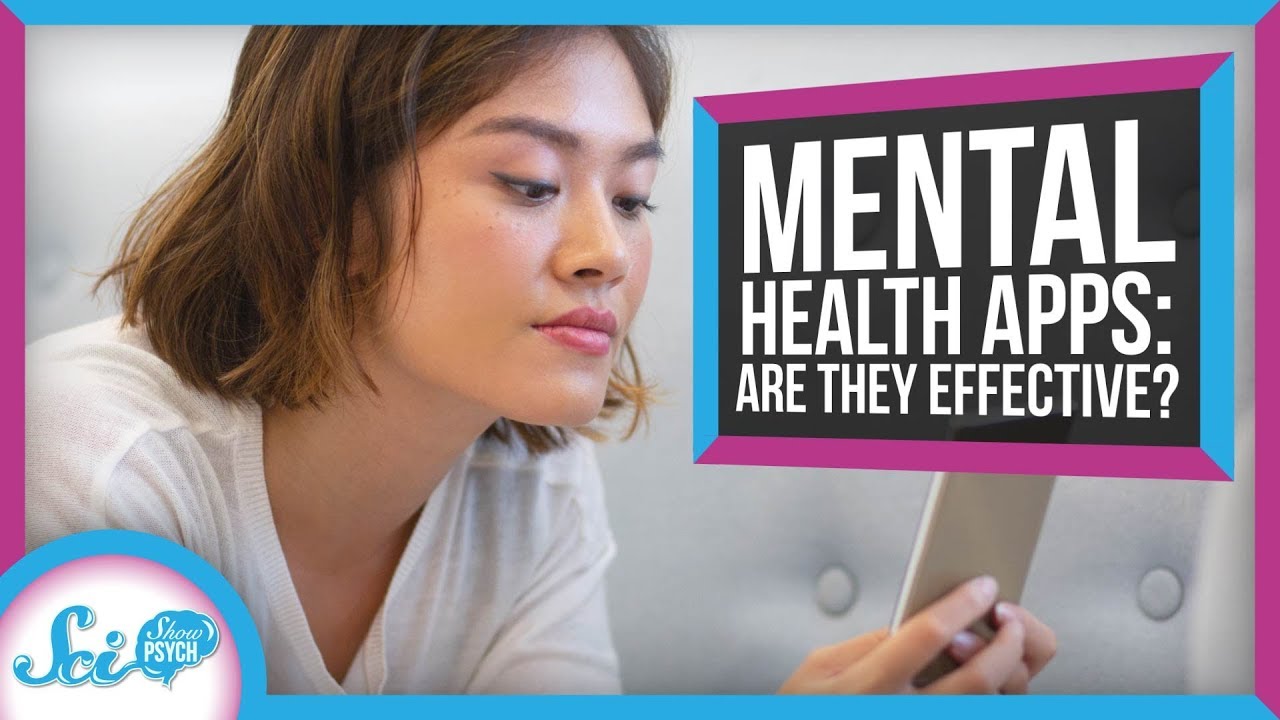
The Rise of Apps for Mental Health in 2024
It’s no secret that mental health challenges are on the rise, and as parents grappling with children facing addiction, navigating these waters can be incredibly tough. Thankfully, in 2024, apps for mental health are leading the way in providing timely, effective, and accessible support. These innovative applications encompass a broad range of services like guided meditation, community support, and even cognitive behavioral therapy, empowering individuals to take charge of their mental well-being in new ways.
The benefits of these apps for mental health extend beyond convenience. It’s all about immediate access when you need it most. Many times, finding a therapist in a pinch can feel overwhelming. With an app, you can have help at your fingertips and create a personalized path toward emotional wellness. This newfound flexibility is especially vital for parents who might feel isolated while dealing with their children’s struggles with addiction.
We can’t underestimate the technological advances that have hit the mental health landscape. Apps for mental health not only bridge gaps in traditional services but also help obliterate stigmas attached to seeking help. When it comes down to it, having the option to engage with one’s mental health via an app feels less intimidating than sitting across from a therapist for some folks. Quite the game-changer, isn’t it?

Top 7 Apps for Mental Health That Are Making a Difference
1. Headspace
Headspace has been a front-runner in the mindfulness and meditation department. This app provides users with a variety of meditation programs specific to their needs—think “Stress Relief” or “Focus.” Users report that it feels like a personal guide helping them navigate their thoughts and feelings. In fact, over 70% of users experienced a significant reduction in anxiety after regularly using Headspace. Now, that’s impressive!
2. Woebot
Here’s where technology shines! Woebot is an AI chatbot rooted in cognitive behavioral therapy (CBT). Users chat with Woebot to tackle negative thinking patterns real-time. According to a study published last year, those engaging with Woebot reported a 35% improvement in managing their mood within just four weeks. Can you believe it? It’s like having a personal cheerleader right in your pocket!
3. Calm
Calm stands out as an app focusing on a whole-body wellness approach. This app offers guided meditations, sleep stories, and soothing music to help users unwind. Its 2024 updates include personalized soundscapes that cater to individual preferences. Additionally, Calm has partnered with mental health organizations, bridging the gap between technology and emotional wellness development.
4. BetterHelp
BetterHelp is your bridge to licensed therapists through the virtual world. Breaking down the barriers traditionally associated with in-person therapy, this app allows users the flexibility of video calls, phone sessions, or messaging. A recent analysis indicates that 81% of users noticed improvements in their mental health in the first few weeks of use. Each step matters, people!
5. Sanvello
Sanvello acts as a lifeline for anyone battling stress, anxiety, or depression with a free service. Grounded in cognitive-behavioral practices, Sanvello enables users to manage their moods by offering assessment tools and educational content. The app fosters a sense of community with its feature called “community check-in,” connecting users grappling with similar challenges. Finding solidarity in this journey feels more achievable when you realize you’re not alone.
6. Moodfit
Moodfit isn’t just any mood-tracking app; it’s a fully customizable experience for users. Its toolbox includes breathing exercises, mood trackers, and supporting articles on various mental health topics. Research shows that monitoring moods not only helps users observe patterns but also encourages proactive changes in behavior. Who knew that tracking your emotions could open doors to new coping strategies?
7. Talkspace
If you’re all about convenience, Talkspace will be your new best friend. This app offers therapy with licensed professionals through messaging or video chats. Over 70% of users reported that the flexibility offered positively influenced their adherence to therapy, proving that real connection doesn’t always need to take place in a stuffy office. It’s therapy in your own space, at your own time.
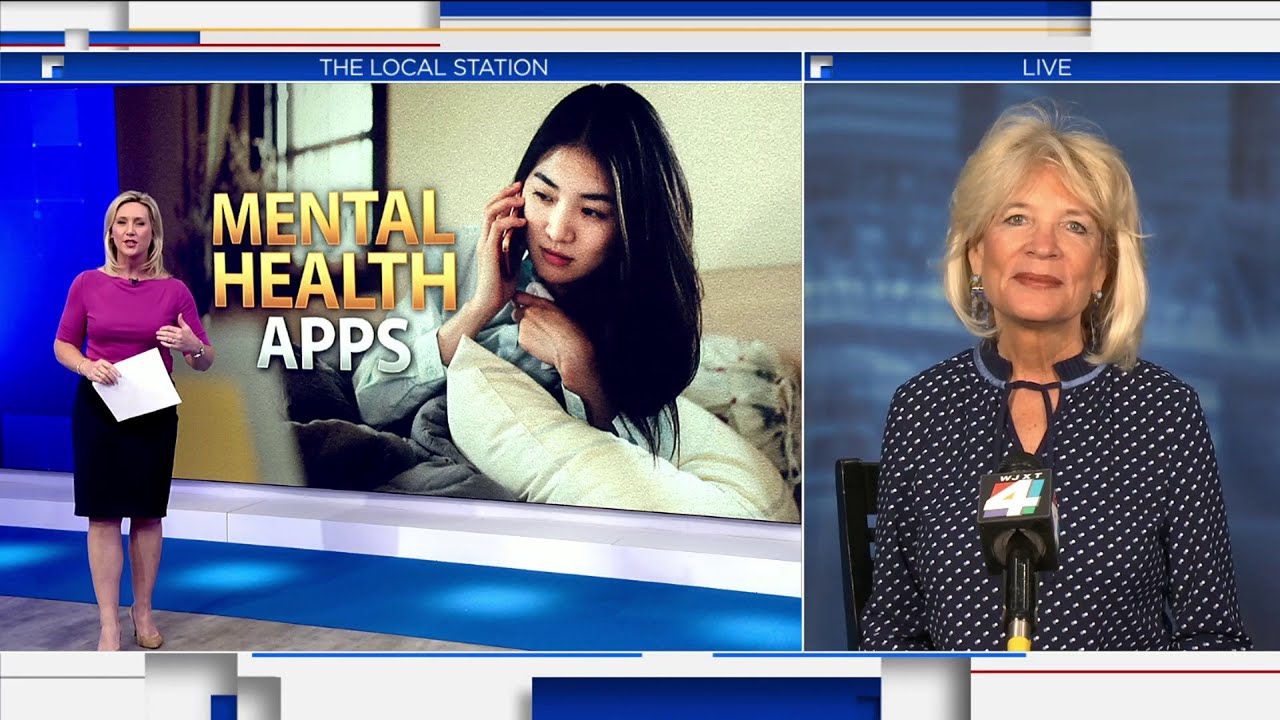
The Impact of Apps for Mental Health on Traditional Therapy
Let’s dive into it. The arrival of apps for mental health has significantly reshaped the approach to traditional therapy. Anonymity and convenience are the key flavors, allowing users to engage with their mental health free from apprehension. The affordability of many of these applications also facilitates a wider access to mental wellness resources, especially for parents striving to juggle forms of assistance while in the thick of ballooning responsibilities.
A study by the National Institute of Mental Health (NIMH) revealed that individuals integrating mental health apps alongside traditional therapy often witnessed even better outcomes. This integration also serves as a perfect bridge between what is learned during therapy sessions and how to apply that knowledge daily. It’s that supportive safety net that parents and children alike desperately need on this tough journey.
Crucially, as much as these apps provide a great source of support, they shouldn’t replace the invaluable human connection of traditional therapy. Conversations with professionals are irreplaceable, ensuring a comprehensive approach to mental wellness. As the landscape of mental health care evolves, prioritizing real human interactions alongside technological support will be key in creating truly holistic self-care practices.
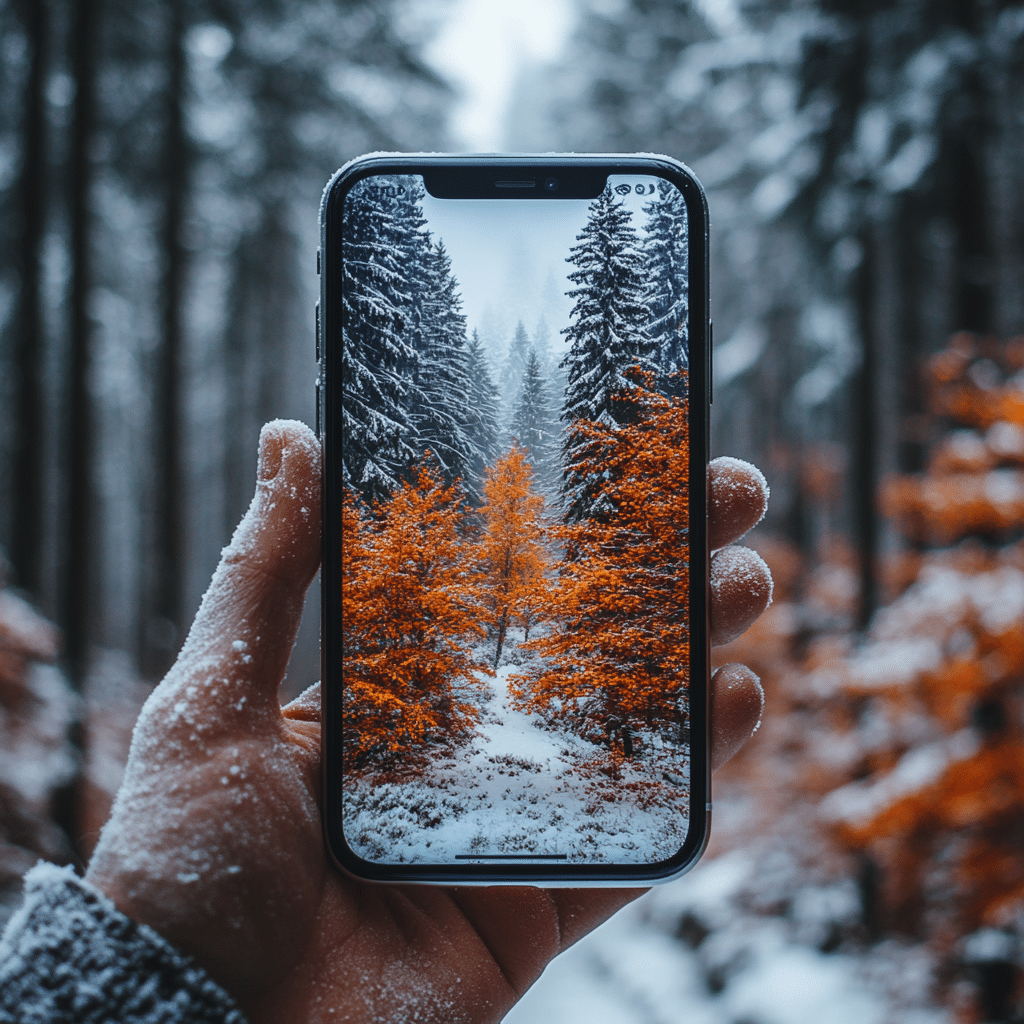
Bridging Technology and Human Connection
While apps for mental health have unlocked new levels of access to resources, it’s essential to keep human connections intact. Leveraging tech-driven solutions needs to come hand in hand with authentic interactions—be it with a therapist or a support group. In a world where screens dominate our lives, retaining organic human contact becomes increasingly vital in the mental health conversation.
As technology continues to mold our lives, mental health apps promise even greater integration into holistic care in the future. This trend highlights the need to de-stigmatize mental health awareness by normalizing the conversation around emotional wellness. We should champion apps for mental health while also advocating for the genuine relationships that support recovery journeys.
The future is bright and exciting. There’s no denying the potential of mental health apps to improve lives, providing families with innovative solutions to mental well-being and changing the way we perceive and address mental health challenges. Embracing these changes isn’t just about technology; it’s about paving the path for a healthier future for our loved ones battling addiction. After all, when it comes to mental health, every little bit helps!
For more insights and support, visit Mothers Against Addiction and explore all the resources available to assist parents navigating the murky waters of addiction. Let’s keep fostering compassion, understanding, and resilience. The journey to healing has never been more attainable.
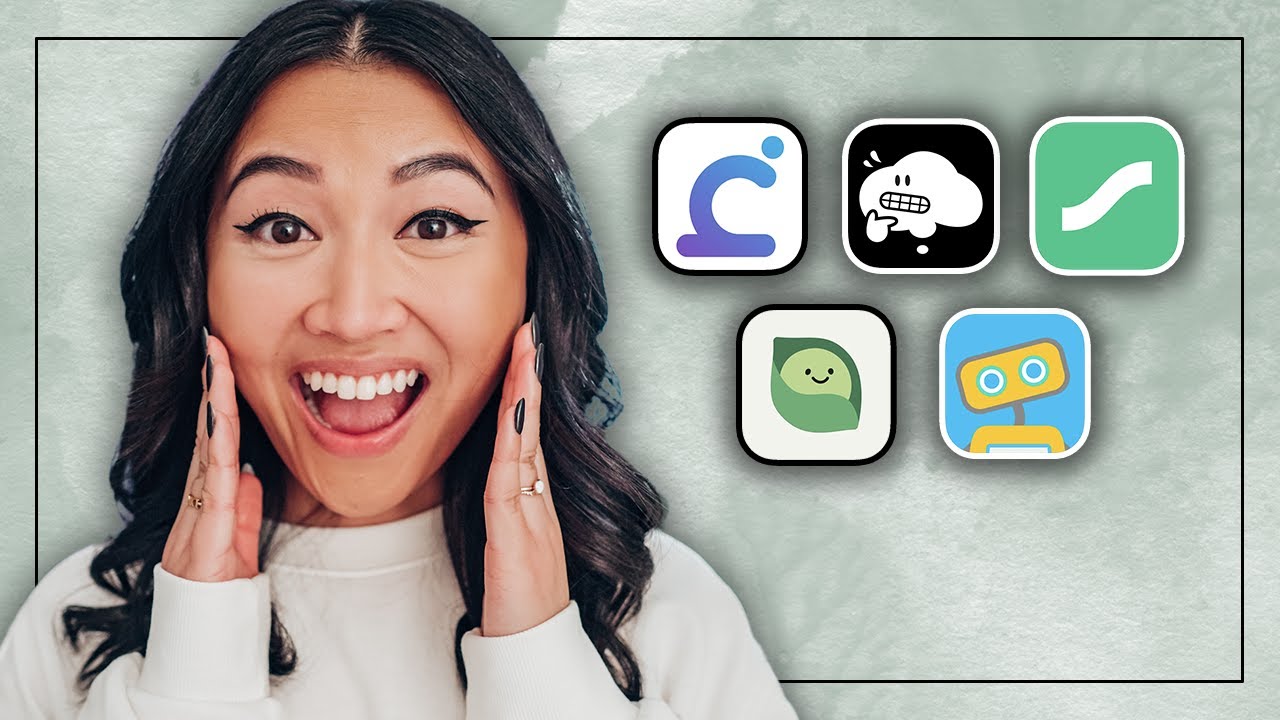
Apps for Mental Health: Transforming Lives with Innovative Support
The Digital Shift in Wellness
Did you know that over 80% of individuals experience improvement in their mental health after using an app tailored for mental wellness? That’s quite a mind-blowing statistic! With advances in tech, Apps for mental health are rapidly becoming companions, providing support when it’s needed the most. It’s interesting to note how much these tools can help families tackle issues together, especially when exploring Internet safety For Families() in the process. Many folks are turning to these resources, especially since smartphones are as common as tattoos in the modern age. Speaking of which, have you seen the latest trends in Tatuajes de Mujer() reflecting personal stories right on someone’s skin? Just as those tattoos tell a tale, mental health apps can narrate the ongoing journey of recovery and support.
Building a Healthier Lifestyle
Embracing new technology while maintaining balance in life can be tricky. That’s why Managing technology use() has become a priority for many. Apps for mental health can help users set limits, encouraging healthier habits without feeling overwhelmed. For instance, stepping outside for a refreshing stroll in nature can be rejuvenating – similar to how discovering the best Animal Kingdom hours() can lead to a day filled with connection and joy. Plus, the community aspect of many mental health apps allows users to connect with others, fostering friendships that make a big difference during tough times.
The Ripple Effect of Influence
With the rise of Apps for mental health, understanding the impact of social Media influence on addiction() can’t be overlooked. Many apps encourage mindful consumption, helping users step back from their feeds and focus on their well-being. It’s amazing how a simple notification can remind us to take a moment for ourselves, just like a motivational tweet from Real Talk Kim twitter() to uplift spirits during hard days. And if you’re searching for that perfect balance between trendy and comfortable shoes while on your mental health journey, those New Balance 57/40( can provide just the right support for both feet and mind.
In conclusion, Apps for mental health are powerful tools that can spark change and encourage personal growth. They bring fun trivia and interesting facts right to our fingertips while helping us navigate the challenges of today’s world. So, why not embrace this digital revolution, connect with others, and watch as lives transform?

Which mental health app is best?
Choosing the best mental health app often depends on what you’re looking for. Sanvello is a great option for on-demand support with stress, anxiety, and depression, grounding itself in cognitive-behavioral practices. Other solid picks include Woebot and Wysa, which provide AI interactions for mood tracking.
Is there a free therapy app?
Yes, there are free therapy apps available. Sanvello is one that offers free help for stress and anxiety, and several others may provide resources without charging fees as well. Just explore your options, and you’ll find something that fits your needs.
Is there any app for depressed people?
If you’re feeling depressed, apps like Sanvello, Wysa, and Youper can help. They focus on mood tracking and offer tools to cope with your feelings through various techniques, including chats with AI bots.
How to get help for depression with no money?
Getting help for depression with no money can be tough, but there are options. Look for community health clinics, family service agencies, or support groups that offer free or low-cost treatment, even without insurance.
What is the best free app for anxiety and depression?
Sanvello is often highlighted as one of the best free apps for anxiety and depression, offering helpful strategies rooted in cognitive-behavioral practices. You might also consider Wysa and other similar apps for additional support.
What is the most effective mental health therapy?
The most effective mental health therapy often incorporates cognitive-behavioral techniques, which many apps, including Sanvello, make accessible. However, the best approach can vary from person to person, so it’s essential to find what works for you.
Is there any real free therapy?
While there are many free resources, real therapy typically comes at a cost. However, you can seek out community services, non-profits, or online platforms that sometimes provide free sessions or assistance.
Is smiling mind free?
Smiling Mind is indeed a free app that focuses on mindfulness and meditation, helping users manage stress and improve mental well-being while being easy to use.
Are mental health apps effective?
Mental health apps can be effective, but they work best as a supplement to traditional therapy or self-care strategies. They can help you track mood and learn coping skills but don’t replace a licensed therapist’s guidance.
Am I depressed or just sad?
Feeling sad doesn’t always mean you’re depressed; it’s normal to experience ups and downs. If your sadness lingers or interferes with daily life, it might be worth talking to someone about how you’re feeling.
What app tells your mood?
Apps like Youper and Woebot actively track your mood and provide insights into your emotional state. They can be handy tools for understanding how you’re feeling day-to-day.
What to do when you are feeling lonely?
When you’re feeling lonely, reach out to a friend, family member, or a support group. Engaging in activities like hobbies or attending community events can also help connect you with others.
What is the hardest mental illness to live with?
One of the hardest mental illnesses to live with can be depression, as it often affects every aspect of daily life, making simple tasks feel overwhelming. Each person’s experience is different, so it can vary widely.
What is the first stage of a mental breakdown?
The first stage of a mental breakdown often involves feeling increasingly stressed, anxious, or overwhelmed. Signs can include mood swings, irritability, and a sense of losing control, and it’s essential to seek help if you notice these changes.
What can I claim if I’m depressed?
If you’re depressed, you might be eligible for various forms of support, like disability benefits or social services. Each situation is different, so looking into local resources can help you understand what you might qualify for.
Which app is best for mental ability?
For mental ability and cognitive training, apps like Lumosity focus on brain exercises. While not specifically a mental health app, they can help improve cognitive skills, which might be beneficial.
Are mental health apps effective?
Mental health apps can be effective, but they are best used alongside other tools like therapy or support from friends and family for comprehensive care.
Is BetterHelp therapy free?
BetterHelp is not a free service; it’s a paid online therapy platform. They offer affordable plans, but you will need to budget for their services if you choose to go that route.
What is the number one mental health?
When it comes to the number one mental health resource, it can vary for each individual. But many find therapy, either traditional or through an app like Sanvello, to be a top choice for support and coping strategies.

